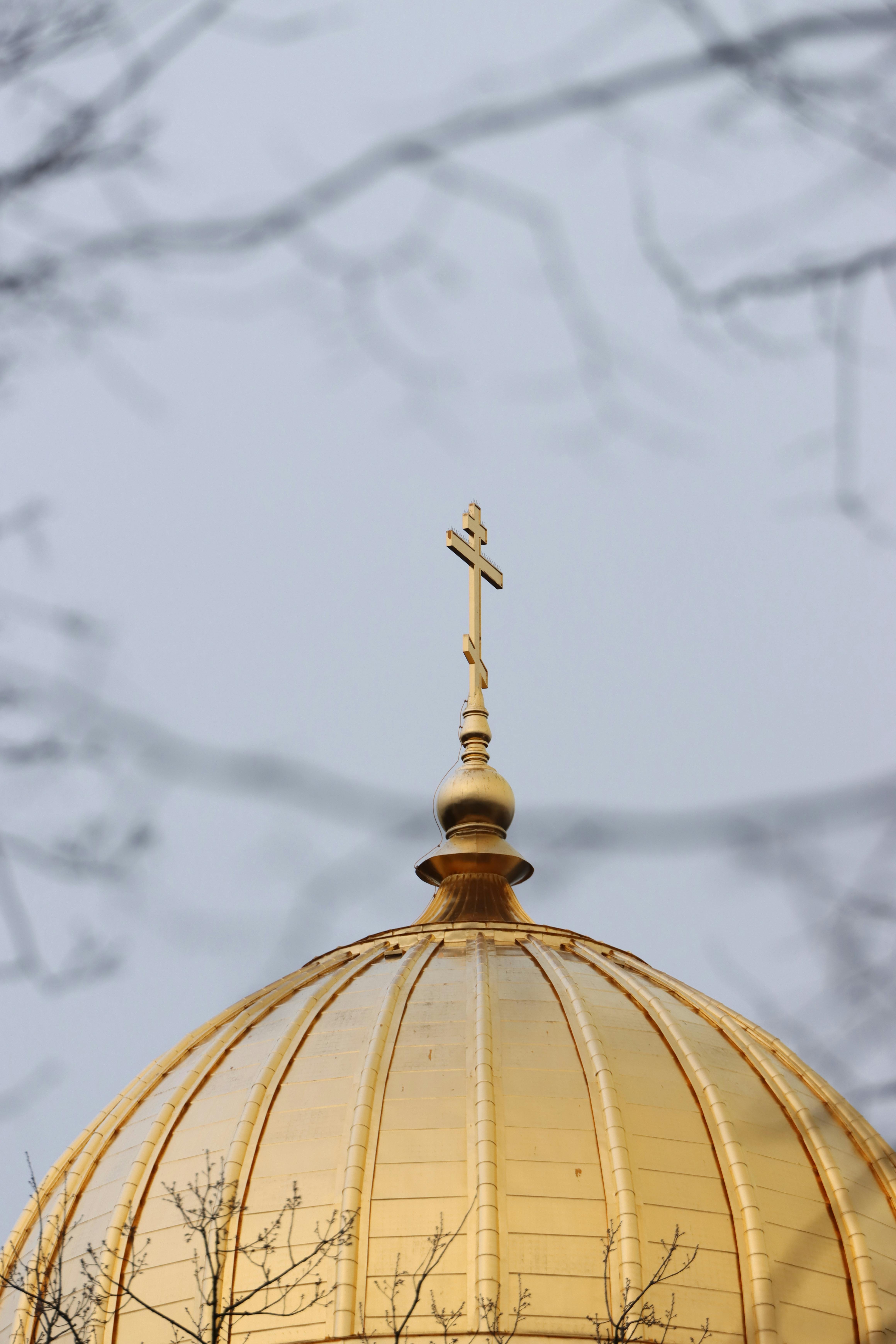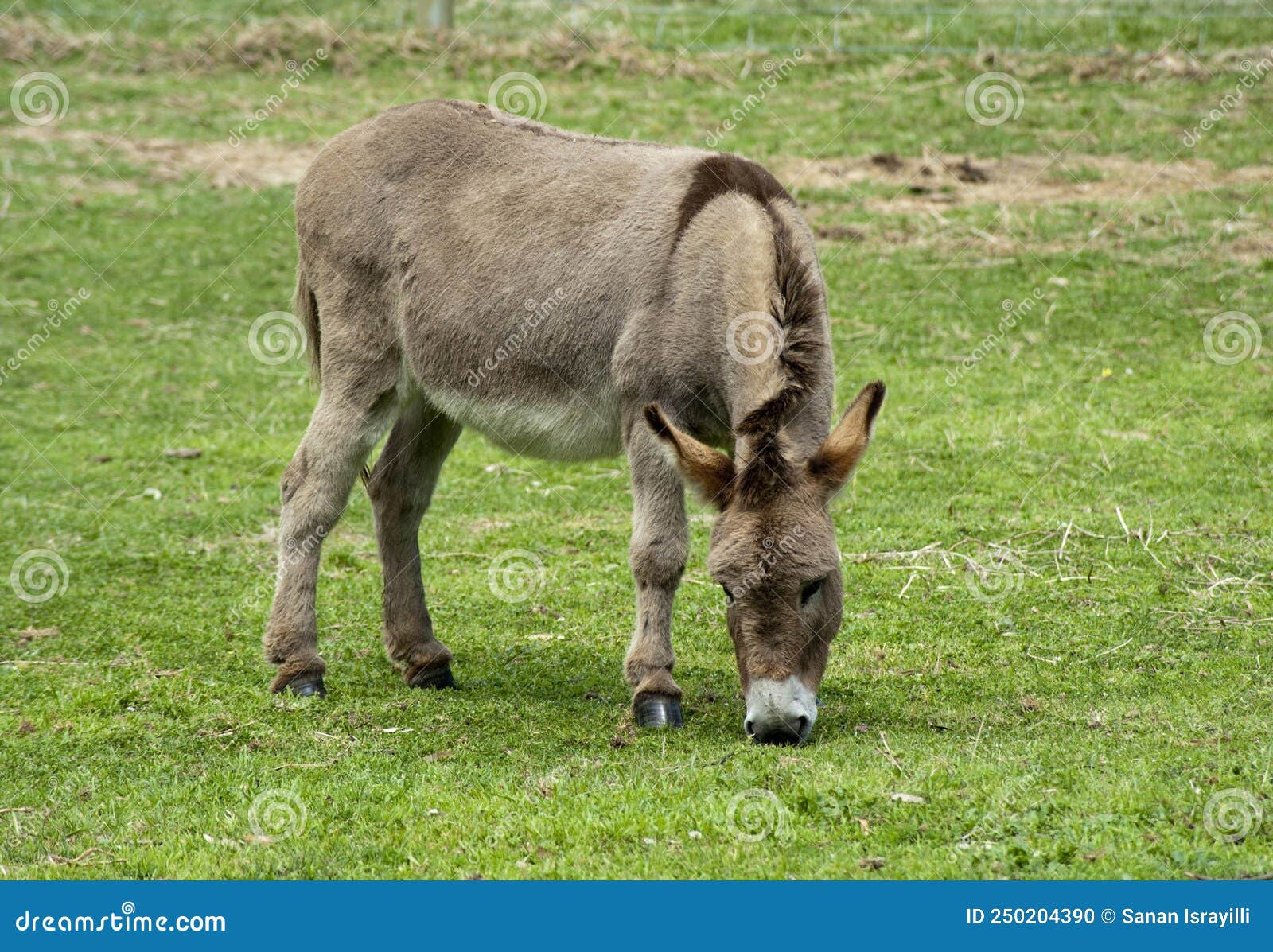Donkey With Cross On The Back: Unveiling The Symbolism And Mystique
Let’s dive into something extraordinary today—donkeys carrying crosses on their backs. Yep, you heard me right! Donkeys with crosses on their backs are not just random occurrences; they’re steeped in symbolism, history, and even religion. This phenomenon might sound quirky at first, but trust me, it’s got layers of meaning that will blow your mind. So grab a snack, sit back, and let’s explore this fascinating topic together.
Now, you might be wondering, why the heck does a donkey with a cross on its back matter? Well, buckle up because this isn’t just about cute animals or religious artifacts. It’s a blend of culture, faith, and nature coming together in one incredible package. And hey, who doesn’t love learning something new while having fun?
This article will take you on a journey through the history, significance, and modern interpretations of donkeys with crosses on their backs. Whether you’re here for spiritual insights, historical facts, or simply to marvel at nature’s wonders, you’re in the right place. Let’s get started!
- Direct Tv Channel The Ultimate Guide To Unlocking Your Entertainment
- Melissa Mccarthys Net Worth The Untold Story Of Hollywoods Funniest Woman
Here’s what we’ll cover in this article:
- Biography of Donkeys
- History of Donkeys in Religion
- Symbolism Behind the Cross
- Science Explains the Markings
- Religious Perspectives
- Modern Interpretations
- Common Myths Debunked
- Cultural Significance
- Conservation Efforts
- Final Thoughts
Biography of Donkeys
Before we dive deep into the world of donkeys with crosses on their backs, let’s get to know these majestic creatures a little better. Donkeys have been around for thousands of years and are often misunderstood as mere workhorses. But oh no, they’re so much more than that!
Key Facts About Donkeys
| Scientific Name | Equus africanus asinus |
|---|---|
| Average Lifespan | 25-30 years |
| Height | 3.5-5 feet |
| Weight | 400-500 pounds |
| Habitat | Deserts, grasslands, and farms worldwide |
Donkeys are known for their intelligence, resilience, and loyalty. They’ve been domesticated since ancient times and have played crucial roles in human history. And let’s not forget their iconic braying—it’s almost like they’re saying, “Hey, pay attention to me!”
- Synonyms Of Solidify Strengthening Your Vocabulary With Powerful Alternatives
- Where Is Diddys Home Unveiling The Secrets Of His Lavish Lifestyle
History of Donkeys in Religion
Donkeys have been linked to religion since biblical times, and their association with crosses on their backs only adds to their spiritual significance. In Christian tradition, donkeys are often seen as symbols of humility and peace. Think about it—Jesus rode a donkey into Jerusalem during Palm Sunday, and that moment became one of the most iconic scenes in Christianity.
Throughout history, donkeys have been revered in various cultures. For example, in Egypt, they were considered sacred animals associated with the goddess Taweret. And in Hinduism, the goddess Kalki is said to ride a donkey during the end times. So yeah, donkeys are kind of a big deal in the spiritual realm!
Symbolism Behind the Cross
Now let’s talk about the elephant—or rather, the donkey—in the room: the cross on their backs. This natural marking is often referred to as the “donkey’s cross” and is seen as a divine sign by many. The cross appears as two dark stripes—one running vertically down the donkey’s spine and the other horizontally across its shoulders.
For Christians, the donkey’s cross is seen as a reminder of Christ’s sacrifice and the humility required to follow Him. Others interpret it as a symbol of strength and perseverance, qualities that donkeys embody in their daily lives. Whatever your perspective, there’s no denying the beauty and mystery of this natural phenomenon.
Science Explains the Markings
But wait, is the donkey’s cross just a coincidence? Or is there a scientific explanation behind it? Well, buckle up because science has some answers for us! The markings on a donkey’s back are actually a result of genetic mutations that cause darker pigmentation in certain areas of their skin.
These markings serve several purposes. For one, they help donkeys blend into their surroundings, providing camouflage from predators. Additionally, the stripes may play a role in regulating body temperature by reflecting sunlight. So yeah, nature’s got this covered!
Religious Perspectives
Now let’s take a closer look at how different religions view the donkey’s cross. In Christianity, the donkey’s cross is often associated with humility and service. It’s seen as a reminder that even the lowliest creatures can play a vital role in God’s plan.
In Islam, donkeys are respected for their patience and hard work. While the donkey’s cross isn’t specifically mentioned in Islamic texts, the animal itself is revered for its contributions to society. And in Judaism, donkeys are seen as symbols of peace and prosperity, often depicted in biblical stories as animals of great importance.
Modern Interpretations
Fast forward to today, and the donkey’s cross continues to inspire people around the world. Artists, writers, and spiritual leaders often draw inspiration from this natural phenomenon, using it as a symbol of hope, resilience, and faith.
In modern times, donkeys with crosses on their backs have become mascots for various organizations focused on animal welfare and conservation. They’re also featured in children’s books, movies, and even social media trends. Who knew a simple marking could have such a profound impact?
Common Myths Debunked
Of course, with any topic as fascinating as this, there are bound to be some myths floating around. Let’s clear the air and debunk a few of them:
- Myth #1: Only certain breeds of donkeys have crosses on their backs. Fact: Most donkeys have some form of cross marking, though the size and shape may vary.
- Myth #2: Donkeys with crosses are more intelligent than those without. Fact: Intelligence in donkeys is not linked to their markings.
- Myth #3: The cross marking is a result of divine intervention. Fact: While some may choose to believe this, science attributes the markings to genetics and evolution.
Cultural Significance
Donkeys with crosses on their backs hold a special place in many cultures. In Spain, for example, the donkey’s cross is celebrated during Easter processions, where participants dress up as donkeys to honor the animal’s role in religious history.
In Ethiopia, donkeys are seen as symbols of prosperity and are often decorated with colorful patterns during festivals. And in India, donkeys are revered for their contributions to agriculture and transportation, making them an integral part of rural life.
Conservation Efforts
Despite their importance, donkeys face numerous challenges in the modern world. Habitat loss, overwork, and lack of proper care are just a few issues affecting these incredible animals. That’s why conservation efforts are more important than ever.
Organizations like The Donkey Sanctuary and SPANA are working tirelessly to improve the lives of donkeys worldwide. Through education, veterinary care, and community outreach, they’re making a real difference in the lives of these humble creatures.
Final Thoughts
So there you have it—the fascinating world of donkeys with crosses on their backs. From their historical significance to their modern-day impact, these animals continue to inspire and amaze us. Whether you view the donkey’s cross as a religious symbol, a scientific wonder, or simply a beautiful marking, there’s no denying its power to captivate our imaginations.
Now it’s your turn! Have you ever seen a donkey with a cross on its back? What do you think it represents? Leave a comment below and let’s keep the conversation going. And don’t forget to share this article with your friends—they’re sure to love it too!



Detail Author:
- Name : Korey Ruecker MD
- Username : morton44
- Email : yschmidt@yahoo.com
- Birthdate : 1980-08-02
- Address : 800 Gorczany Meadow South Bessieview, LA 96965-7120
- Phone : +1 (352) 851-2431
- Company : Armstrong-Hermann
- Job : Irradiated-Fuel Handler
- Bio : Et itaque sed eum asperiores sed et. Aut enim omnis sunt facere. Quis ratione impedit esse deleniti.
Socials
tiktok:
- url : https://tiktok.com/@claudine_dev
- username : claudine_dev
- bio : Consequatur dolor voluptas voluptas aut. Ex alias voluptas et eveniet sequi.
- followers : 6443
- following : 202
twitter:
- url : https://twitter.com/claudine_xx
- username : claudine_xx
- bio : Ut deserunt quae necessitatibus eos et aliquid possimus. Sit labore voluptate officiis inventore blanditiis.
- followers : 2261
- following : 1207
instagram:
- url : https://instagram.com/claudine498
- username : claudine498
- bio : Accusamus cumque nobis pariatur quas voluptas nobis. Aut id vel ea sed ullam consequatur.
- followers : 3260
- following : 2311
linkedin:
- url : https://linkedin.com/in/claudine_crist
- username : claudine_crist
- bio : Sed placeat et nobis animi explicabo temporibus.
- followers : 1673
- following : 1538
facebook:
- url : https://facebook.com/claudine_real
- username : claudine_real
- bio : Qui laborum non dolorum adipisci error dicta libero error.
- followers : 6583
- following : 2702